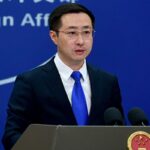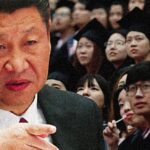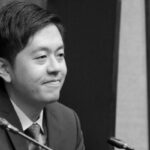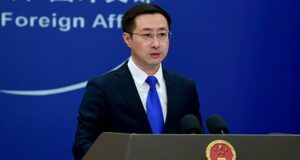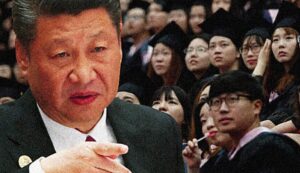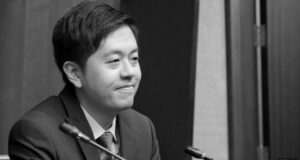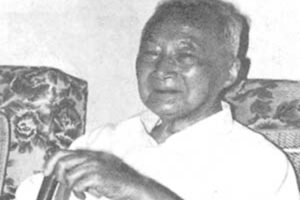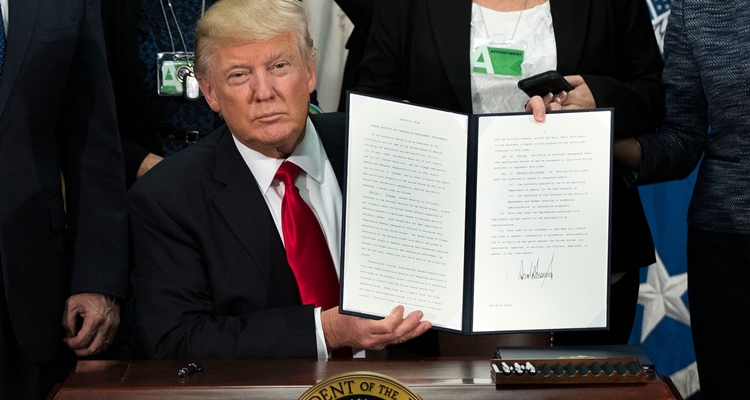
We are talking about the commander in chief who a few days before his second inauguration offered a glowing gloss on a telephone call with Chinese dictator Xi Jinping. What a boon this call was for the prospects for amity between nations and world peace. How great for the United States, how great for China, for the world.
“It is my expectation that we will solve many problems together, and starting immediately,” Trump waxed. “President Xi and I will do everything possible to make the World more peaceful and safe!” Was someone shouting “You lie!” from the gallery? Was it me?
Seemed Pollyanna-ish. But this seeming Pollyannaism didn’t stop Trump from nominating at least several agency heads who clearly understand the threat of China and want to counter it. Nor did it stop Trump from observing and acting to weaken China’s infiltration of the area around the Panama Canal—albeit not characterizing this infiltration with the exact precision that the American news media, always concerned with truth above all, demands of all newsworthy articulations. Nor did it stop Trump from imposing tariffs on China, albeit tariffs only a fraction of the magnitude promised during his 2024 campaign.
Get tougher
President Trump should and could get tougher on China. Indeed, “Public opinion would be on his side,” says Michael Lucchese (Washington Examiner, March 21, 2025).
This TikTok affair reveals two major problems with the Trump administration’s nascent China policy. In the first place, detente with the CCP is nowhere near as popular as the White House seems to believe. But even more fundamentally, the CCP can never be the goodwill partner Trump seems to hope to negotiate with. Over the next four years, Trump would find much more success if he abandoned this overly optimistic attitude and instead rallied the public around a plan to win this competition….
The [Chinese] regime is not interested in making more money or integrating more seamlessly into the global order—it is only interested in shoring up and expanding its power. Xi has no intentions whatsoever of honoring his end of any bargains that might put him at a disadvantage. Any kind of detente would suit his interests well because it would give the CCP breathing room to build up power while the U.S.’s guard is down.
Rather than a shortsighted policy of “restraint,” then, putting America first means developing a policy agenda that will actually deter CCP aggression.
This policy agenda would include degrading the CCP’s “ability to infect the American body politic.” Which would mean enforcing the law to remove TikTok from Chinese control and working with the House Select Committee on the Chinese Communist Party to expose and combat the Chinese “police stations” used to hound Chinese nationals in the U.S. and the Confucius Institutes used to spread CCP propaganda on the nation’s campuses.
Lucchese also advises speeding up “the process of decoupling from China’s economy,” giving China a harsher tariff treatment than Trump is giving our allies (instead of vice versa), substantially increasing defense spending notwithstanding any waste-cutting, and shoring up “alliances in the Pacific and around the world.”
Projecting strength
Trump is “entirely correct” in pressuring U.S. allies to spend more in their own defense. “But it makes no logical sense to alienate our friends with reckless provocations or cheap bullying when we need them most….
“In short, putting America first means rejecting calls for restraint and instead projecting strength.” Give the people what they want: “a genuinely anti-communist foreign policy.”
